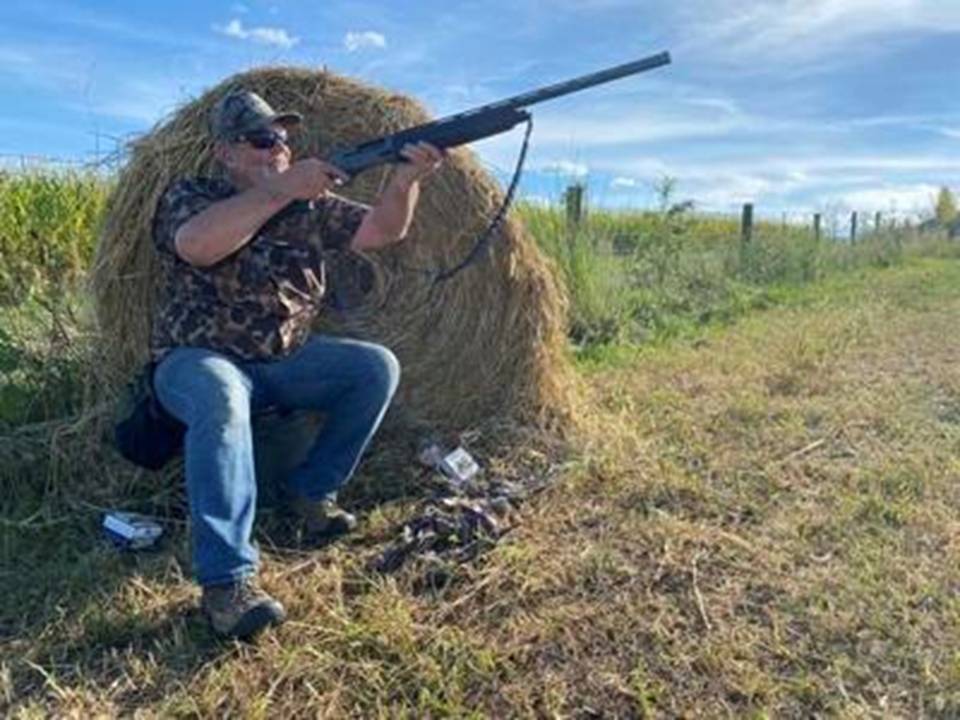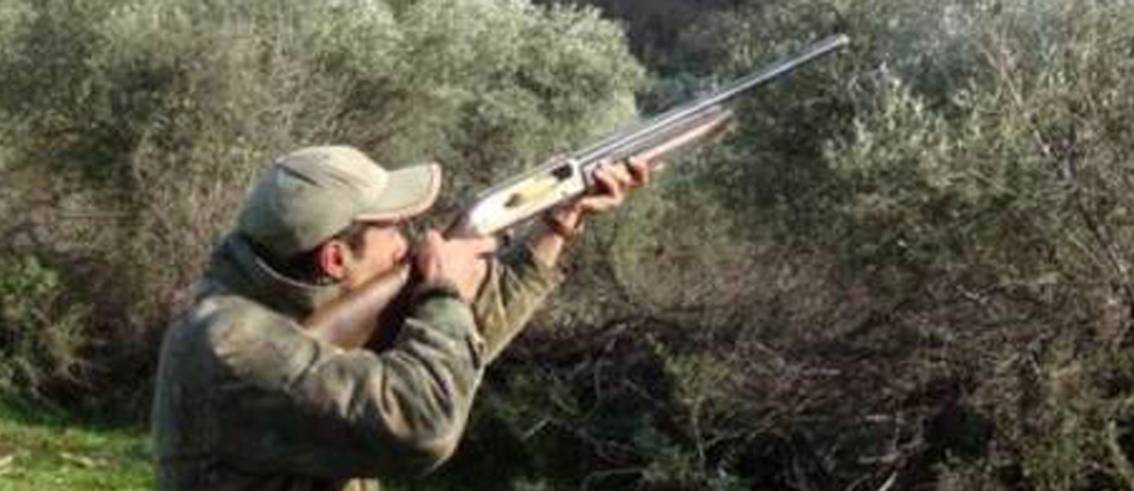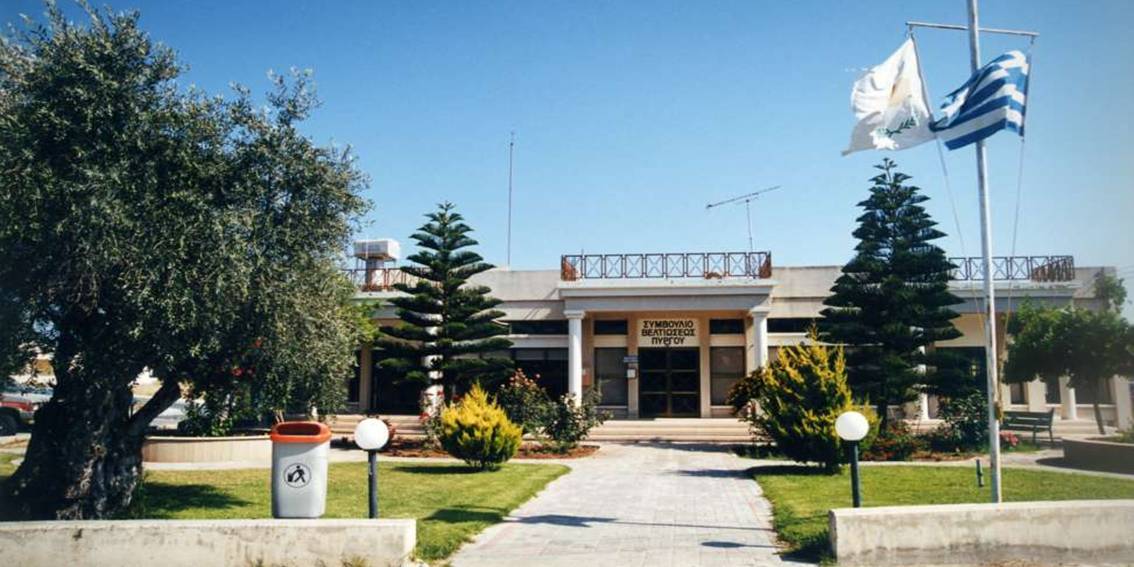The start of the hunting season in Cyprus
The hunting season in Cyprus is a major event. It attracts thousands of enthusiasts to the island’s countryside. This year, the opening day saw a record turnout. Around 40,000 hunters took to the fields. Hunting is both a traditional pastime and a modern hobby for many Cypriots. The event highlights the island’s cultural connection to hunting. It also sparks debates on conservation, regulation, and animal welfare.
A Long-Standing Tradition
Hunting in Cyprus has deep roots. It dates back to ancient times when it was essential for survival. Over the centuries, it became a cultural tradition. Families pass down hunting skills and knowledge through generations. For many Cypriots, the hunting season is more than just a sport. It is a time to bond with family and friends. It also offers a way to connect with nature and preserve cultural heritage. The season usually begins in late August or early September. It lasts several months, depending on the type of game.
The Numbers and Regulations
The participation of 40,000 hunters on the first day is indicative of the sport’s popularity on the island. The Cyprus Game and Fauna Service, which is responsible for issuing hunting licenses and overseeing hunting activities, has reported that this year’s turnout is one of the highest in recent memory. The agency is tasked with balancing the interests of hunters with the need to protect the island’s biodiversity.
Hunters are required to obtain licenses, which involve a fee and sometimes a basic examination to ensure they understand the regulations and safety protocols.

Additionally, there are strict quotas on the types and numbers of animals that can be hunted, with certain species being protected to prevent overhunting and ensure ecological balance. The most common game includes hare, partridge, and the migratory thrush. However, the large number of hunters also raises concerns about the potential impact on wildlife populations and the environment.
Environmental Concerns and Conservation Efforts
While hunting is a cherished tradition, it also poses significant challenges for conservationists. The sudden influx of hunters can disrupt ecosystems, particularly in sensitive areas where certain species are already under pressure. Environmental groups in Cyprus have long voiced concerns about the impact of hunting on biodiversity, particularly the risk of depleting populations of certain birds and mammals.
To address these concerns, the Game and Fauna Service implements seasonal restrictions and monitors hunting areas to prevent illegal activities such as poaching. Additionally, there are ongoing efforts to educate hunters about sustainable practices, emphasizing the importance of respecting wildlife and preserving natural habitats.
Balancing Tradition and Modern Concerns
The debate around hunting in Cyprus reflects a broader tension between preserving cultural traditions and addressing modern environmental challenges. For many, hunting is an essential part of Cypriot identity, deeply embedded in the island’s history and social fabric. However, as environmental awareness grows, there is increasing pressure to ensure that hunting practices are sustainable and do not threaten the island’s ecological balance.
Moving forward, the challenge for Cyprus will be to find a balance that respects both the cultural significance of hunting and the need to protect the island’s unique and fragile ecosystems. This will likely involve continued dialogue between hunters, conservationists, and government agencies, as well as the development of policies that ensure hunting remains a sustainable activity for future generations.
In conclusion, the opening day of the hunting season in Cyprus is a vivid reminder of the island’s rich cultural heritage. However, it also underscores the need for careful management and regulation to protect the environment and ensure that this tradition can be enjoyed by future generations.
You May Also Like This
The Hunting Season in Cyprus: https://anatolikilemesou.com/?p=4485




